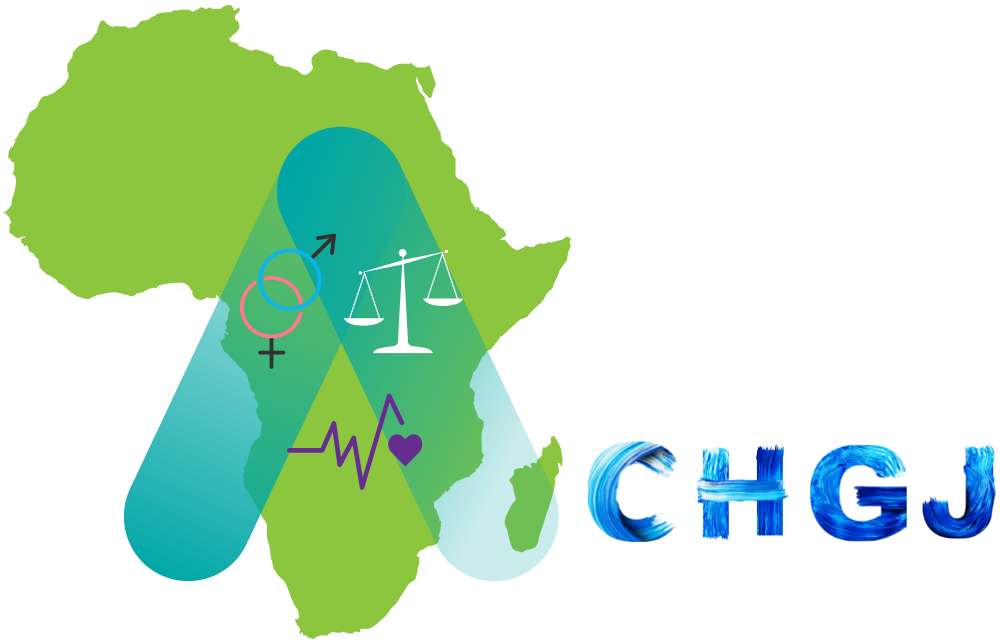Author: Phidiliah Mwawasi
The rapid advancement of technology and the widespread use of the internet have brought about tremendous opportunities to address gender inequalities and improve health outcomes in the healthcare sector. However, as we navigate the digital age, it is essential to acknowledge the emergence of new forms of discrimination and the significant disparities that persist.
The digital gender gap, characterized by discrepancies in access, utilization, and participation in digital technologies between men, women, and gender-diverse persons, has profound implications, particularly in reproductive, maternal, and sexual health. Women and marginalized gender groups encounter various obstacles, such as limited access, online violence, gender-based cybersecurity bullying, and biases embedded in algorithms and data sets. Bridging this gap is essential to establish an inclusive and empowering digital space where individuals can access critical health information and services.
Digital rights, encompassing privacy, freedom of expression, access to information, and protection against discrimination and harassment, are fundamental to preserving the dignity and autonomy of individuals. Policymakers play a pivotal role in achieving health justice and gender equality by prioritizing robust policies that safeguard digital rights, empower marginalized communities, and address underlying structural imbalances and discrimination.
Moreover, crafting inclusive gender-based comprehensive national policies and legal frameworks that specifically address gender-specific digital health rights and combat online violence and harassment is imperative. Such measures will further advance digital rights and gender justice in healthcare. By integrating gender perspectives into existing legislation, policymakers can prioritize the unique needs and experiences of women and marginalized genders, fostering a more equitable and inclusive healthcare system.
To promote equitable access to health-related digital technologies, it is vital to implement gender-responsive digital literacy programs. These programs empower women and marginalized gender groups through training and mentorship initiatives that focus on enhancing their digital health literacy skills, enabling them to effectively leverage technology for improved healthcare outcomes.
Accelerating investments in digital infrastructure is also crucial in bridging the digital gender divide. This entails enhancing connectivity in marginalized communities, particularly in rural areas and low-income neighborhoods, to ensure equal access to health information and services. Additionally, efforts should be made to make internet connectivity affordable and accessible to women and marginalized genders, eliminating financial barriers to healthcare access.
Integrating gender equality into digital rights initiatives with the collaboration of public and private entities will address accessibility challenges arising from regional and socio-cultural norms. This approach empowers marginalized and underserved communities, expanding opportunities for employment, education, and access to healthcare information. By removing barriers and promoting inclusivity, we can foster gender equality and bridge the digital divide in healthcare.
By adopting a comprehensive approach that encompasses policy and legal frameworks, digital literacy programs, infrastructure development, and measures to counter online violence, we can create an inclusive and empowering digital space that benefits all individuals. These efforts will contribute to improved health outcomes and advance gender equality in healthcare. By embracing these principles, we pave the way for a future where technology and healthcare converge, leaving no one behind and ensuring equitable access to quality care for all.
To Support our work that invests in Grassroots Women, Girls, and Gender Diverse Persons to address health inequity and inequalities, click here
